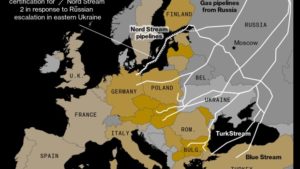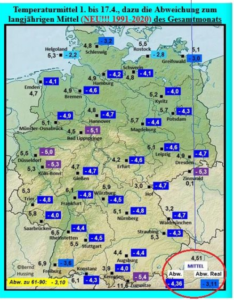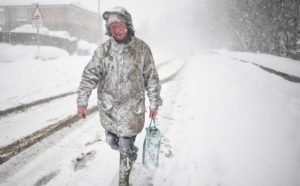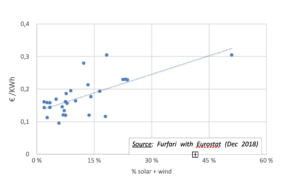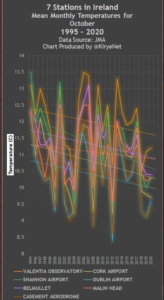by W. Münchau, Feb 29, 202 in ClimateChangeDispatch
At stake in the European elections in June this year will be everything that defines the modern EU: a large volume of net zero legislation, a values-based foreign policy, and ever-more intrusive business regulation.
Polls suggest the centrist majority that has supported these policies is growing slimmer. [emphasis, links added]
Ursula von der Leyen [pictured above] has been the quintessential representative of that majority. Born in Brussels, German by nationality, proposed by France, she was the perfect candidate for European Commission president in late 2019.
Now she is seeking a second term. Whether she will succeed will depend to a large extent on whether the centrist four-party coalition that supported her in 2019 will hold.
All over Europe, we are now seeing a backlash against the kind of policies the Von der Leyen Commission represents.
The far right is part of that response, but the main political shift has been inside Von der Leyen’s own political group, the European People’s Party (EPP), of which the German CDU/CSU is the largest member.
This backlash follows one of the most hectic political phases in recent EU history. When Covid struck in early 2020, Von der Leyen was instrumental in setting up the EU’s recovery fund to help countries deal with the economic consequences of the pandemic.
Then came the Green Deal, a hefty tranche of legislation on renewable energy, land use, forestry, energy efficiency, emission standards for cars and trucks, and a directive on energy taxes.
There was also a tightening of standards on pesticides, air quality, water pollution, and wastewater.
Farmers are resisting this program because it affects their livelihoods. Industrialists, too, are unhappy. A big part of the Green Deal was its industrial policy; the flagship legislation was the Net Zero Industry Act.
The industry used to be the EU’s strongest supporter.
But with the new laws came new bureaucracy: now, all EU-funded investment must include a green component of at least 30 percent, while a carbon border adjustment mechanism, to take effect in 2026, will penalize imports that do not meet EU carbon-emission standards. Together, EU legislation in the last few years amounts to a near-total corporate regime change.
Compliance with some regulations is virtually impossible for companies without dedicated legal teams. It is going to get worse.
Under discussion right now is a supply-chain law that would make European companies responsible for human rights abuses in their supply chain – including the suppliers of their suppliers.
I expect that the hyperactive phase of this green agenda will end with the elections in June. Some of it might even go into reverse. I am even starting to doubt whether the EU will ever enforce the 2035 target for phasing out fossil-fuel-driven cars.
This is an industrial-policy disaster in the making because Europe’s carmakers are having trouble selling their electric cars.
…

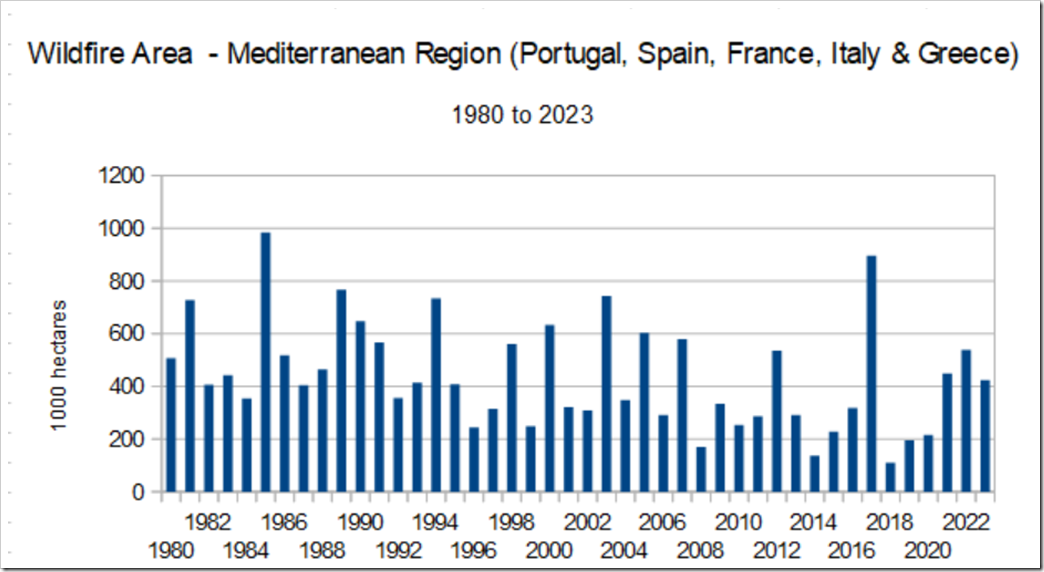
 Fig.1: A reproduction of Fig. 3a of MBH23. Annual European mean SPEI-data in blue/red, the low pass filter output is shown in black.
Fig.1: A reproduction of Fig. 3a of MBH23. Annual European mean SPEI-data in blue/red, the low pass filter output is shown in black.
